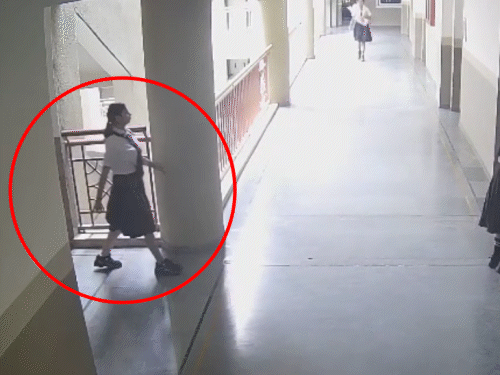Federal Probe Targets Alleged Manipulation of DC Crime Data
Federal investigators are probing the Washington, D.C. Metropolitan Police Department over allegations of crime data manipulation, raising concerns about accountability and public trust.

Federal investigators are now examining allegations that the Washington, D.C. Metropolitan Police Department (MPD) may have altered official crime statistics in order to portray a decline in criminal activity. The probe, confirmed by officials familiar with the matter, has intensified scrutiny on how law enforcement agencies report crime trends and whether public trust has been compromised.
Allegations at the Center of the Investigation
The inquiry focuses on whether MPD officials deliberately downgraded certain crimes—such as classifying assaults as lesser offenses—or excluded incidents from official reports. Such manipulation, if proven, could have far-reaching consequences for public safety policy, city funding decisions, and community trust.
For years, D.C. officials have faced mounting pressure to address violent crime rates, particularly homicides and carjackings, which remain well above the national average. The possibility that data may have been misrepresented raises concerns that leaders and residents have been making decisions based on incomplete or inaccurate information.
Federal Oversight and Accountability
The Department of Justice (DOJ) has not released specific details of the ongoing probe but is reportedly working alongside the Office of the Inspector General to review internal police records, case files, and statistical reporting methods.
“This isn’t just about numbers on a spreadsheet,” said a former DOJ official now with the Brennan Center for Justice. “Accurate crime data informs federal funding, policing strategies, and even congressional debates about the safety of the nation’s capital. Any manipulation threatens that foundation of trust.”
Local Reactions and Community Impact
Community leaders across Washington, D.C., expressed frustration over the news. Residents in high-crime neighborhoods say they have long believed official statistics did not reflect their lived reality.
“When we hear crime is going down but know families who’ve been victims of violence, it creates a disconnect,” said Angela Morris, a community organizer in Northeast D.C. “If these allegations are true, it means our voices were ignored and silenced through false data.”
Elected officials have also weighed in. Members of the D.C. Council are pressing MPD leadership to cooperate fully with investigators and commit to restoring transparency. Several council members indicated they will push for legislation requiring third-party audits of crime reporting.
Trust in Law Enforcement at Stake
The allegations come at a sensitive time for law enforcement nationwide, as agencies work to rebuild trust following years of public debate over accountability and transparency.
Experts note that while occasional errors in data collection are inevitable, deliberate misclassification or suppression of crime reports undermines the very foundation of policing. Trust between communities and law enforcement hinges on honest reporting, and the credibility of police leadership may depend on how swiftly and openly they respond to the probe.
Political and National Implications
Given that Washington, D.C. is not only the nation’s capital but also a symbol of American governance, the implications extend beyond local boundaries. National lawmakers are likely to seize on the probe in debates over public safety funding, oversight of local police departments, and federal jurisdiction in the District.
Critics of D.C. leadership argue that manipulated statistics could have influenced federal grant allocations and policymaking at the highest levels. On the other hand, supporters warn against rushing to judgment before the investigation concludes, stressing that systemic reporting errors should not be mistaken for intentional wrongdoing without evidence.
What Comes Next
As the probe continues, investigators will focus on internal communications, supervisory directives, and crime classification protocols. If wrongdoing is found, MPD officials could face disciplinary action, and the city may be required to implement new compliance measures.
For now, residents and policymakers are left with more questions than answers: How widespread were the discrepancies? Were they driven by political pressure or internal departmental goals? And most importantly, can the public still trust the crime data that shapes the future of their city?
What's Your Reaction?
 Like
0
Like
0
 Dislike
0
Dislike
0
 Love
0
Love
0
 Funny
0
Funny
0
 Angry
0
Angry
0
 Sad
0
Sad
0
 Wow
0
Wow
0







































































